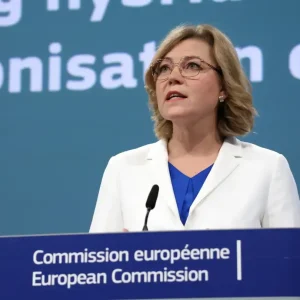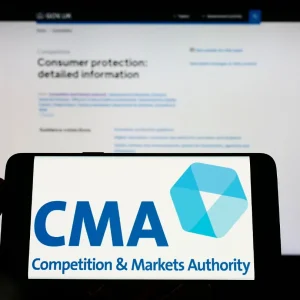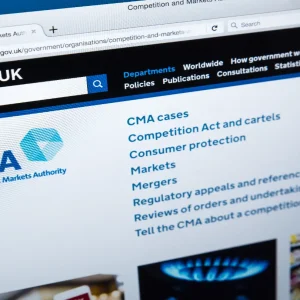
The Digital Poverty Alliance (DPA) has called for the UK government to reduce the VAT on internet bills to 5% and make broadband an ‘essential utility service’ like water, gas and electric services. It forms part of the group’s plan to rid the UK of digital poverty by 2030.

DPA announced its “landmark strategy” at an event at the House of Lords today and called on government, industry and local communicates to work together to eradicate digital poverty. At present, 1.7 million households do not have access to the internet and around 10 million adults lack the foundational digital skills required to access essential services.
The national delivery plan has six missions to achieve by 2030. This includes improving standards of accessibility and inclusiveness across all digital products and services and ensuring full access to affordable connectivity on a sustainable basis.
The announcement from DPA comes after Citizens Advice research showed that a million people had been cut off from their broadband in the last year due to the cost of living crisis due to unaffordable internet access. At the same time, the UK government is moving more public services online with the launch of the One Login digital identity system, online benefit applications and video conferencing calls for court cases.
UK government needs to create an inclusion strategy to open up access to digital services
As part of its report, the DPA, a group founded by tech industry stakeholders including called on the UK government to create a new digital inclusion strategy and to work with the public, private and third sectors to help raise awareness. They also said there was urgent action needed to boost essential digital skills across society.
Paul Finnis, CEO of the Digital Poverty Alliance and the Learning Foundation said that a “collaborative effort” was needed between all stakeholders to end digital poverty: “Together, we can work towards ending digital poverty and ensuring that everyone has the skills, resources, and access they need to thrive in the digital age,” Finnis said.
DPA’s plan outlines how cutting the VAT rate charged on broadband and mobile bills to 5% and replacing it with a “digital inclusion levy” could help fund proposals such as ensuring everyone had access to broadband services as well as devices. It said cutting VAT to 5% would reflect the status of the internet as an “essential utility” and its replacement by a digital inclusion levy would help deliver support to people in greatest need.
This isn’t the first time the idea of making broadband an essential utility service has been floated to the UK government. In 2021, the Council for Science and Technology released a report, Harnessing technology for the long-term sustainability of the UK’s healthcare system, that called for “designating broadband as an essential utility” to help citizens take control of their own healthcare and data. It also advised people in the UK to have “free data usage for access to digital health services.”
DPA also says digital poverty can impact people’s ability to job search and access employment-related opportunities as well as struggle to access education. This has been backed by research by the Good Things Foundation, which showed that an investment of £1.4bn into ending digital poverty could create economic benefits of £13.7bn for the UK.
Broadband already is an essential utility service
Jon Seal, managing director of connectivity provider, technologywithin, told Tech Monitor that it’s not a matter of when broadband becomes an essential utility service; it already is one.
“The internet – especially post Covid-19 – is central to business globally, it’s how most of us communicate, operate and execute our work,” he says. “If I had £1 for every time a client asked if we could provide internet faster, I’d be able to retire; standard internet doesn’t cut it.”
Seal says that the government needed to follow through on its commitment to technology for digital poverty to be eradicated. “Infrastructure still lags behind as it is a monopoly business,” he says. “There needs to be a serious discussion as to whether we open it out to the market or nationalise it. We can’t sit on this decision for the next decade, we need to decide now and failing a concrete commitment will have huge ramifications for our economy.”
Clea Wood, head of communications at the Institute of Coding agreed: “Broadband infrastructure is the spine of the digital economy in which they work,” she says. “It’s classification as an essential service is long overdue.”






